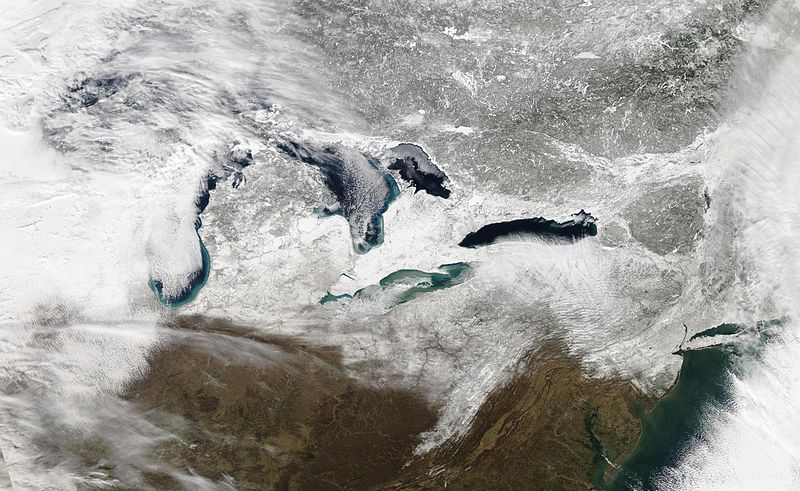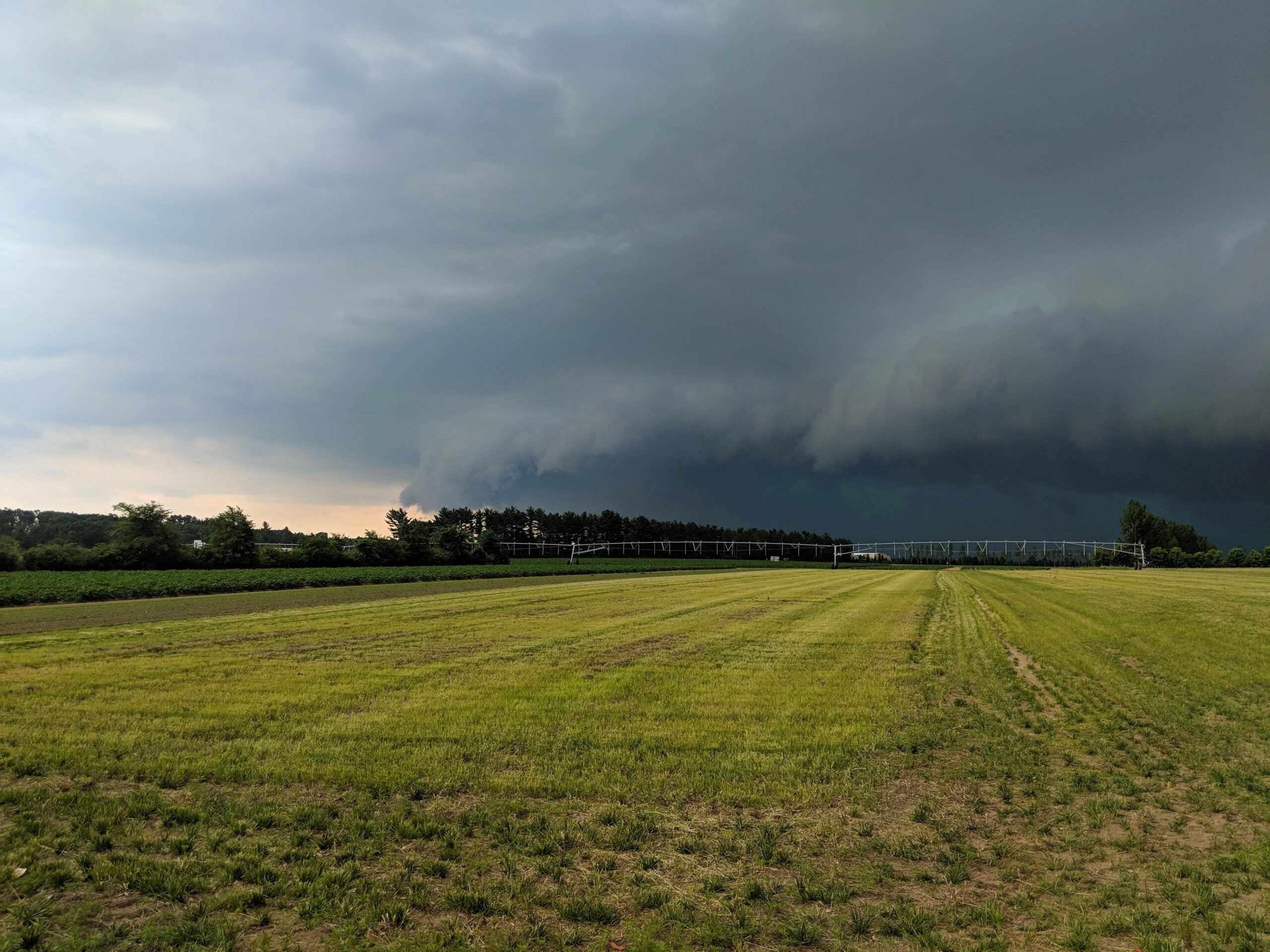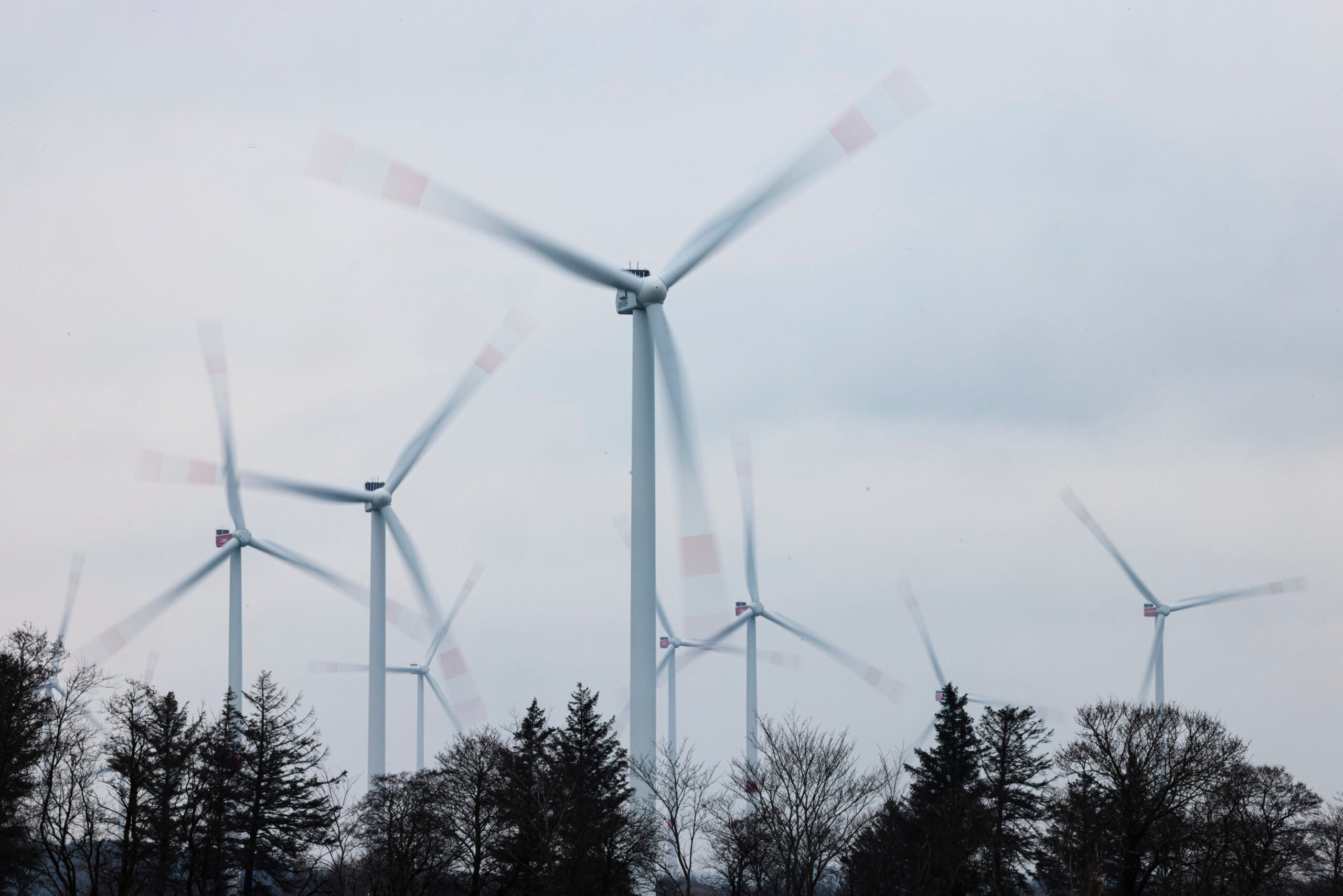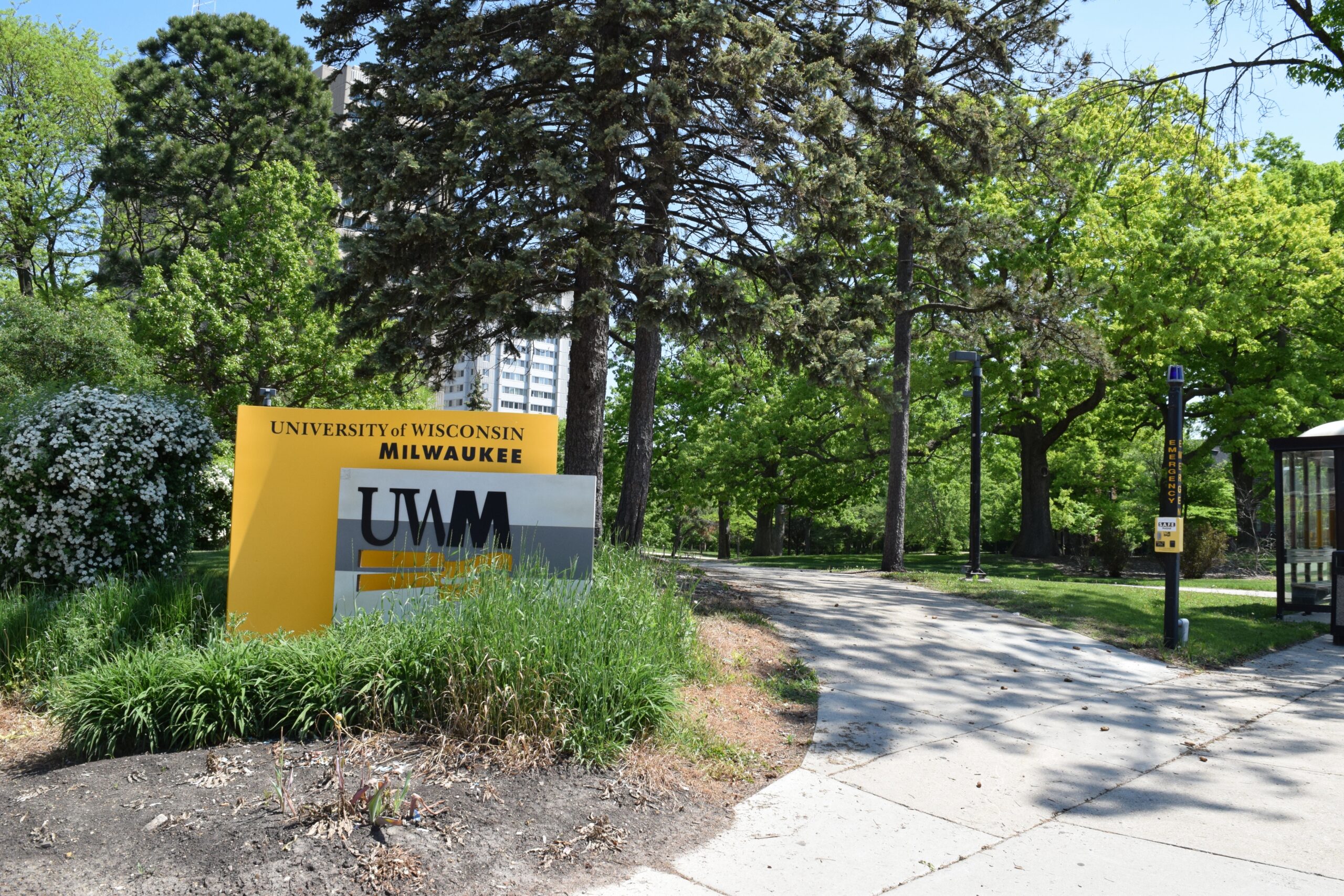The National Climate Assessment released on Tuesday by the federal government predicts future challenges not just for the country, but for the Upper Midwest.
The White House says the assessment is the most comprehensive look at how climate change is affecting, and may continue to affect, the United States.
University of Illinois professor of atmospheric science Don Wuebbles, who helped write the report, says rising carbon dioxide levels in the atmosphere might lead to longer growing seasons and increased yields in the Upper Midwest, but he says those gains will be progressively offset,“by extreme weather events, including heat waves and more precipitation coming as intense rainfalls.”
Stay informed on the latest news
Sign up for WPR’s email newsletter.
“In the long-term, the combined stresses associated with climate change are expected to decrease agricultural productivity,” he said.
In cities, Wuebbles says climate change could worsen urban heat islands and air pollution, and could bring new diseases.
“Many of the cities have aging infrastructures and are particularly vulnerable to climate change-related flooding and life-threatening heat waves,” said Wuebbles. “The increase in heavy downpours has contributed to the discharge of untreated sewage, due to the excess water and combined sewage overflow systems in many cities in the Midwest.”
The release of the report comes as the Obama administration is trying to move ahead with plans to try to limit carbon emissions and help communities adapt to climate change.
Coal industry officials are criticizing the report, saying the White House is again resorting to unsubstantiated scare tactics and hyperbole.
Wisconsin Public Radio, © Copyright 2025, Board of Regents of the University of Wisconsin System and Wisconsin Educational Communications Board.




